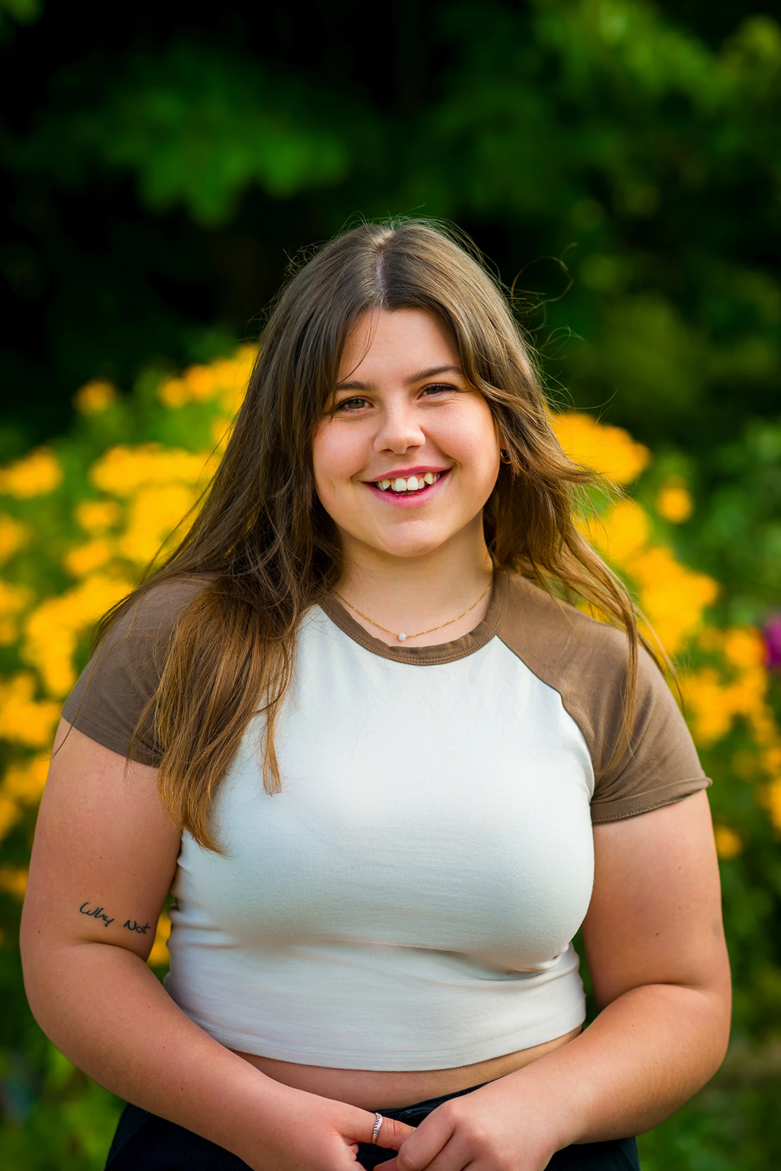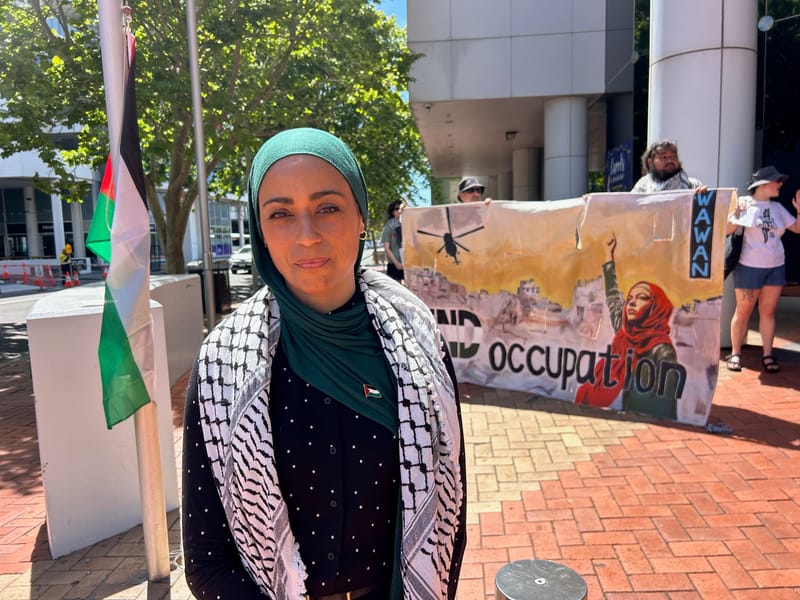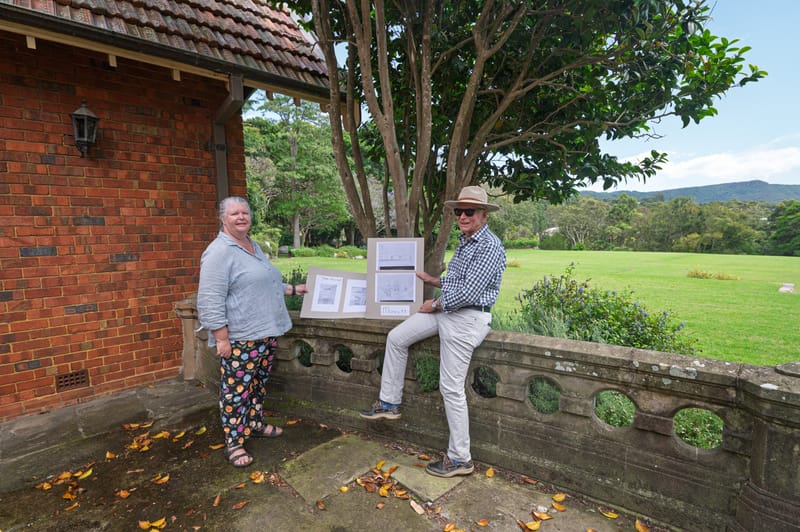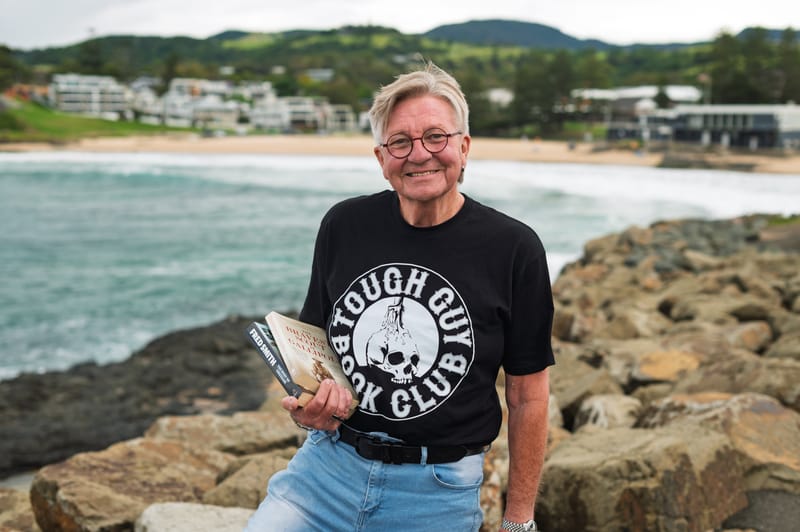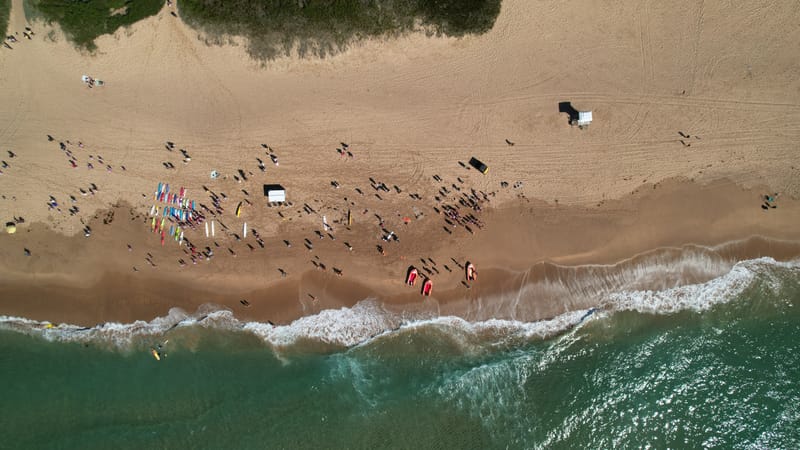Hope and compassion can save lives from drug overdose risk
Part of the global International Overdose Awareness Day (IOAD), August 31's local event was led by Wollongong Community Drug Action Team, which advocates for change and hopes of a future in which no lives are lost from overdose.
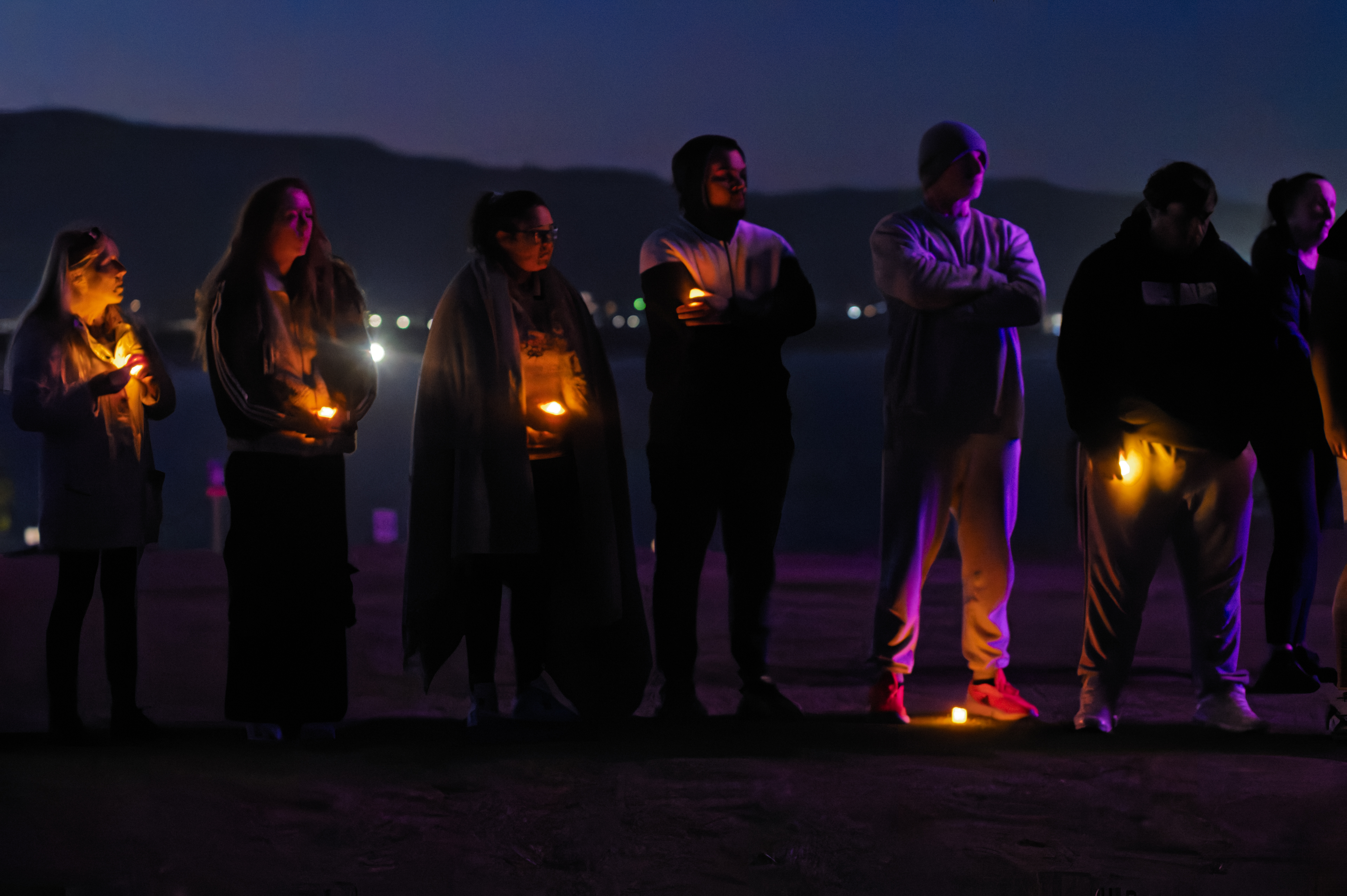
Eddie Barry of Corrimal was 17 when his 21-year-old sister died of an accidental heroin overdose – a tragedy he says still haunts his family nearly four decades later and which constantly inspires him to make a difference.
''Her loss still drives me in my chosen line of work,” says Eddie, a specialist in mental health, trauma and alcohol and other drugs (AoD) with a 30-year history in community healthcare. He worked for 18 years as an emergency paramedic in Sydney.
Eddie says the strong correlation between mental health, AoD dependency and trauma provides a clue for how professionals, government and community can help to reduce overdose rates in the Illawarra and beyond.
“Instead of judging a person for some type of moral deficit, we can adjust our perception to create a more helpful attitude,” he says.
“Instead of asking ourselves ‘what's wrong with this person?’, we can ask ourselves ‘what's happened to this person?’ Creating a more trauma-centred attitude, we will help stop alcohol and other drug dependency-affected people from hiding away, or from allowing shame and stigma to stop them from accessing emergency, medium-term and long-term life-saving and life-improving help.”
His plea for understanding coincided with a gathering on the final night of winter at Flagstaff lighthouse, which was lit in purple as a small community came together to commemorate lives lost to drug overdoses and call for action to prevent future deaths.
Part of the global International Overdose Awareness Day (IOAD), August 31's local event was led by Wollongong Community Drug Action Team, which advocates for change and hopes of a future in which no lives are lost from overdose. Attendees took part in a traditional smoking ceremony led by local elder Uncle Peter Button, they held candles for the lives lost, and shared experiences among the group of health professionals and community members present.
Sharlene Cruickshank, who works in the Aboriginal Mobile Outreach Mental Health and Wellbeing Van, said on the night that she hoped how people were treated would change without stereotyping and blame.
“We need to stand up every day and say ‘people need to be treated with compassion, respect and love'. The more we do that, the more we’ll be working towards better support, better services and better care for our community,” Sharlene said.
At least six people die of overdose every day in Australia, according to The Penington Institute's Australia’s Annual Overdose Report 2025. Overdose deaths in 2023 numbered 2272 – well above the national road toll (1315). A vast majority – 78 per cent – of overdose deaths are unintentional, and, experts say, preventable.
Eddie and his team recommend that individuals with or without links to addiction consider a range of training initiatives, including first aid, particularly for mental health and alcohol and drug use. He says that courses from reputable sources will equip the community with skills to recognise and intervene in life-threatening overdose situations.
Eddie’s years as an emergency paramedic taught him about the power of effective CPR provided by everyday people before ambulances arrive.
“If a person's face has pale or waxy skin or is even turning blue, this indicates a brain that requires oxygenated blood urgently,” he says. ''It's as simple as that. CPR is an incredibly effective intervention that will keep that brain from being damaged until an ambulance arrives.
“I've seen countless overdoses where the ambos were hailed as the heroes of yet another overdose reversal, where in fact the ambos know that that stranger who might have disappeared … that person, whose effective CPR prior to ambulance arrival, was the true hero, because it was they who kept that person's brain cells viable.
''It was they who presented the ambulance with an oxygenated brain in order for them to use a range of other interventions to reverse the overdose and avoid residual brain damage.”
Outside of the Illawarra, harm reduction initiatives such as safe injection rooms and drug-testing services have had success reducing drug-related deaths. NSW has only one safe injection centre – in Kings Cross – which has supervised 1.28 million injections since 2001, and safely managed 11,209 overdoses, resulting in zero fatalities.
The supervised centre has reduced ambulance call-outs to Kings Cross by 80 per cent since 2001, and 80 per cent of attending clients go on to accept referrals for addiction treatment. Government-run mobile pill-testing for festivals was rolled out in March, on a 12-month trial, with Wollongong’s Yours & Owls Festival first on board.
Naloxone, a drug that can save the life of a person who might be overdosing on opioids, can be obtained without a prescription from 45 pharmacies and drug treatment centres in the Illawarra. Previously, the drug was available to emergency departments and ambulances only, but now anyone who may witness or experience an opioid overdose can get Naloxone free, thanks to a $19.6 million Australian government initiative called the Take Home Naloxone Program.
Eddie says one of the most effective tools he uses is the simple act of positive regard, and by giving hope. ''When someone is all out of hope, we can even hold that hope for them until they are ready to take it back themselves,” he says.
“With unconditional positive regard, we can show that person that there is no situation too hopeless, no person too hopeless, who cannot recover with the right help and just a spark of esteem. We can spark that esteem with praise for even the smallest of achievements – with a demonstrated attitude of belief in them.
''I've seen some of the most seemingly hopeless souls do the most mighty of turn-arounds, because all human life is precious, and all people are worthy of support and love.”
Getting involved
For more info on Take Home Naloxone + map of participating locations, visit Health Department's webpage.
Fair Treatment’s Changemaker Kit provides resources to advocate for policy action and break the stigma.
For help dealing with alcohol and other drugs, the following support services are available:
National 24/7 Alcohol and Other Drugs Hotline: 1800 250 015
Turning Point turningpoint.org.au
Alcohol and Drug Foundation adf.org.au
Positive Choices positivechoices.org.au
Head to Health headtohealth.gov.au
headspace headspace.org.au
ReachOut au.reachout.com
Counselling Online counsellingonline.org.au
Family Drug Support 1300 368 186
Lifeline 13 11 14
Kids Helpline 1800 551 800
Beyond Blue 1300 224 636
MensLine 1300 789 978

